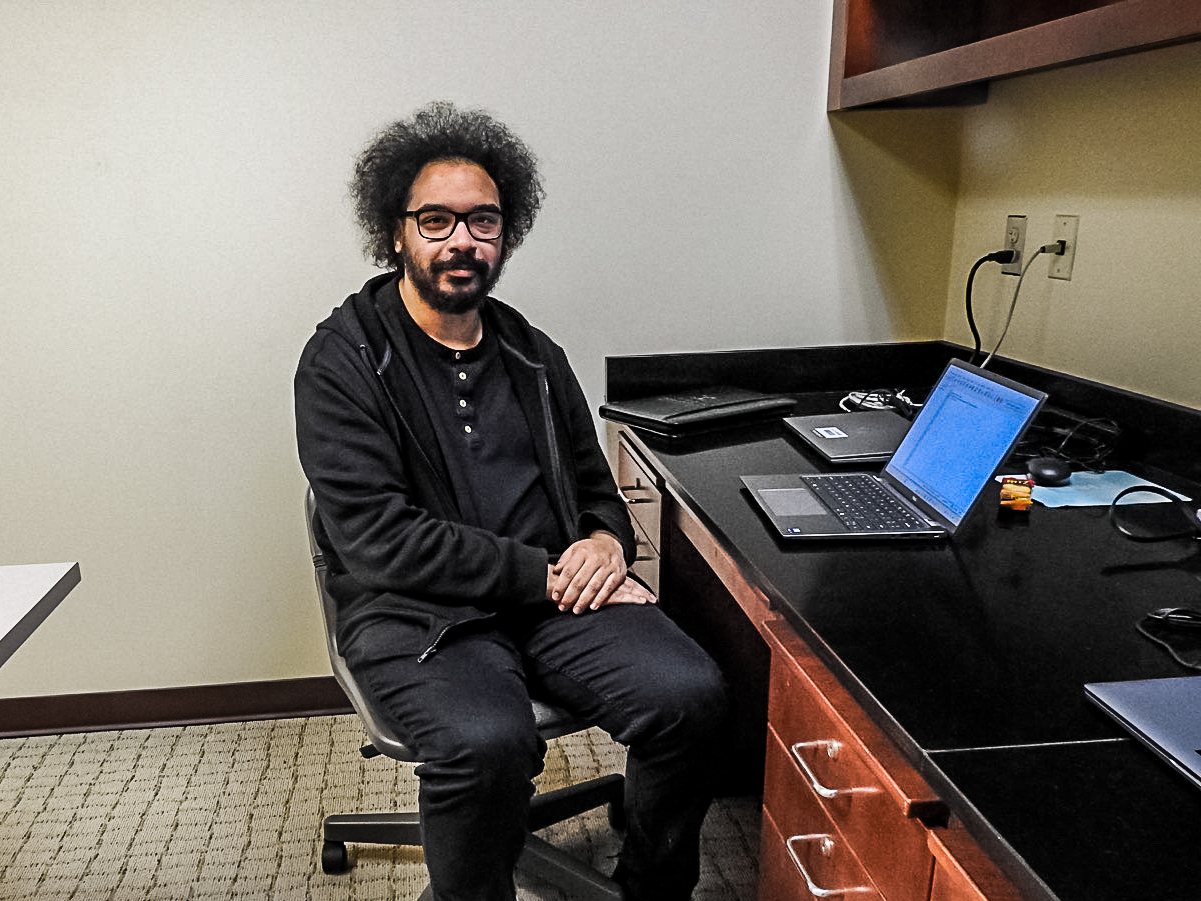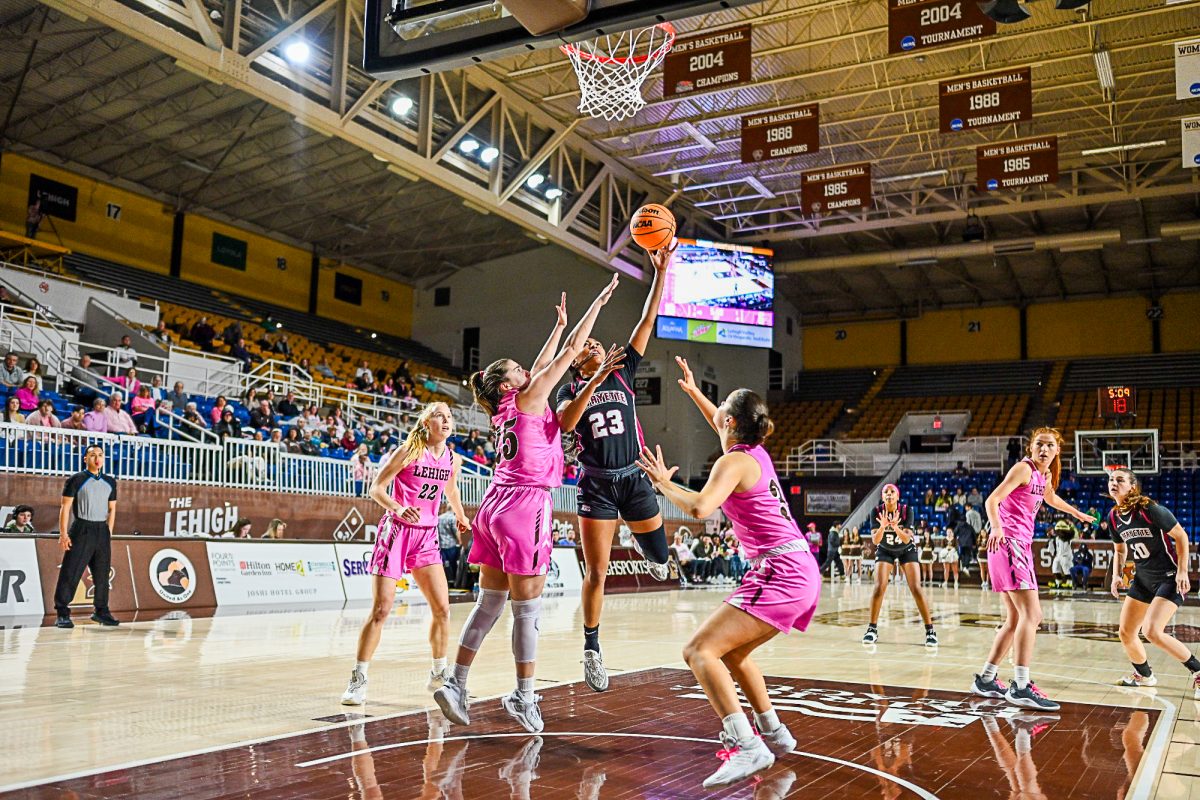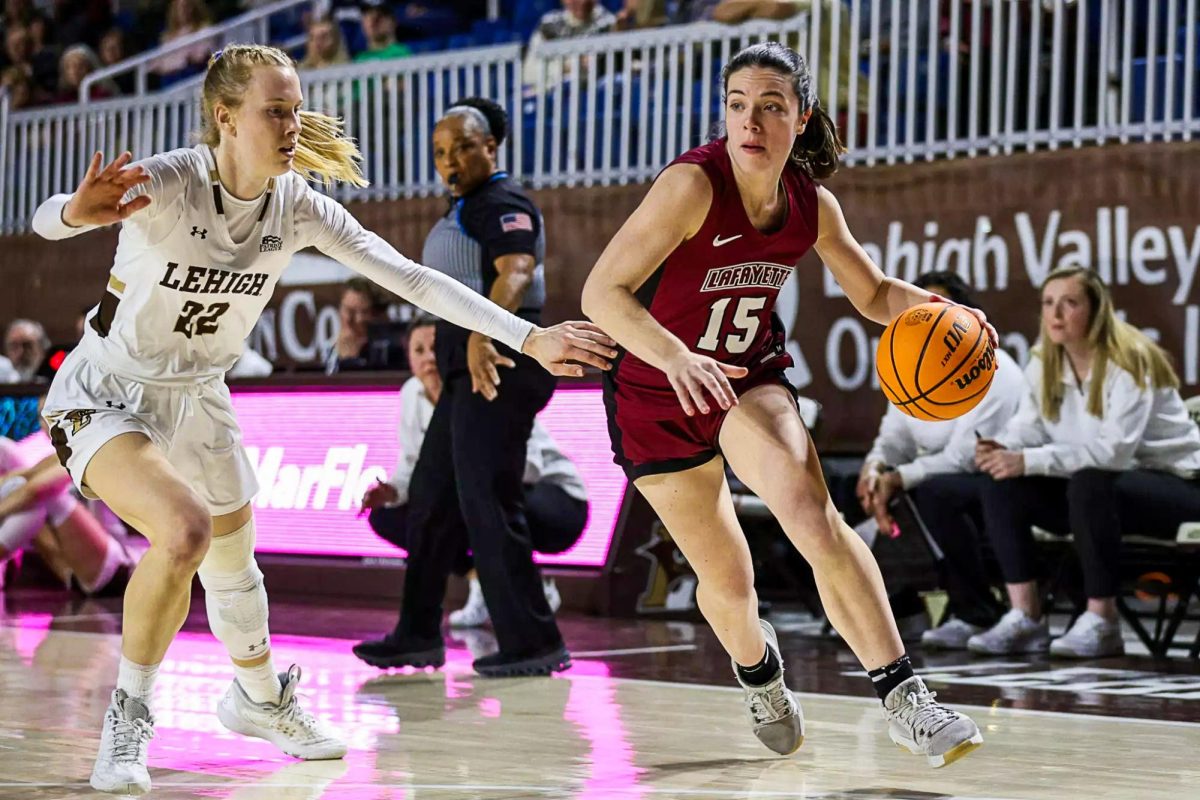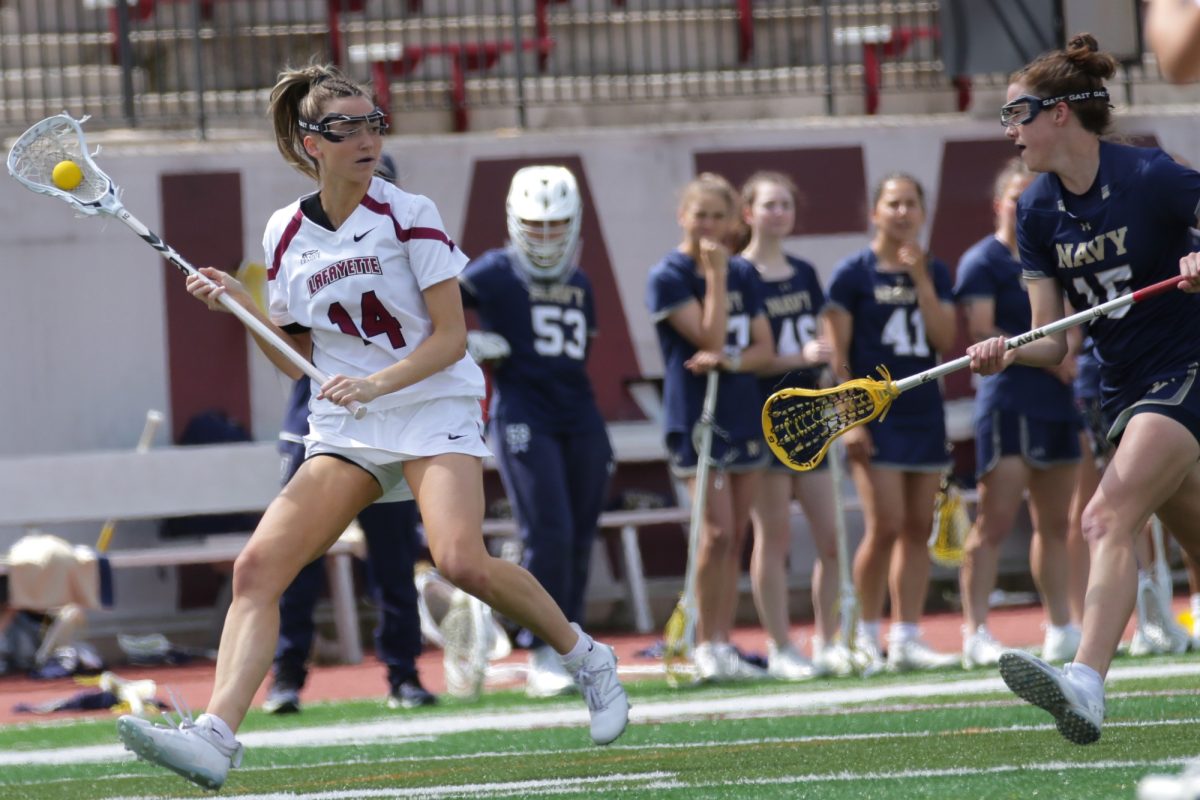By William Gordon ‘17 and Nils Stahlkrantz ‘15 | Collaborative Writers
The Implementation and Assessment Group on Greek Life (IAGGL) spent three years conducting studies to properly evaluate the benefits of Greek Life on campus, but its metrics may not have effectively produced the information desired to meet the goals of the committee.
“The Committee recommends that expansion not be considered until it is certain that the accreditation program generates the information the College requires to gauge the health of each organization and until it is clear that there is a sustained demand for new organizations,” the IAGGL report states.
What information was needed, however, is unclear.
Most of the statistics contained in the IAGGL report compare Greek-affiliated to students who are not affiliated, specifically in terms of academic performance and conduct violations. Jeff Liebner, Assistant Professor of Mathematics, said this comparison is not the best approach for evaluating fraternities and sororities.
“If we just do a test that assumes they’re equal in all ways except for affiliation, that’s not the best test,” Liebner said.
IAGGL used exploratory analysis, which identifies differences between affiliated and non-affiliated students in certain areas but requires further research to identify the causes, such as the effects of service involvement, clubs, and majors.
The committee was formed in December 2011 and submitted a draft last week. No members of IAGGL are mathematicians or statisticians by occupation.
“The results are probably biased, but is it a bias that can be corrected?” Liebner asks. “That’s the other issue, so I think that’s one reason why not too much weight was put on the numbers.”
“The rest of the tables in the report have no statistical test results included, so I can’t comment on whether the tests were performed but were not significant, or if no tests were actually performed. (I suspect the latter),” Liebner also wrote in an email. “There are some interesting questions to be addressed in these tables, such as the classic and stereotypical, ‘Does being affiliated lead to more or a higher probability of having conduct violations?’”
One of IAGGL’s main objectives was to evaluate the probability of affiliated members receiving disciplinary sanctions by the College. The study found that Greek affiliation does not lead to a higher probability of conduct violations.
The IAGGL report states, “The Committee discussed the use of tests of statistical significance and acknowledged that what is being assessed is less about statistical significance and more about practical significance.”
“The group was more interested in more qualitative explanations,” Liebner said.
The committee also assessed whether or not affiliated students had comparable academic performance to the student body as a whole, another one of the four main objectives IAGGL. However, there is no mention of external variables which could affect GPA, such as involvement in various extra-curricular activities.
There was previous dissatisfaction in 2012, when Dr. Asela Gunwardana ‘95, a member of Microsoft’s Machine Running and Statistics department and a Delta Kappa Epsilon alumnus, questioned the planned metrics in an email to then-committee chair Celestino Limas.
“To expect groups ‘comparable to the student body’ to outperform the student body in most of them is to expect everybody to be above average…” Dr. Gunwardana wrote in the email, which was republished on the “Friends of Lafayette” webpage.
IAGGL stated they could not conclude whether or not affiliation causes a difference in GPA, but they suggested more attention should be paid to the drop in GPA in sophomore fall of affiliated members.
“As such, I am concerned that the metrics are heavily biased towards measuring outcomes such as GPA that are already adequately provided by the formal curriculum of the college, and contain no metrics that cover the other ways in which student groups enhance the learning experience,” Gunwardana wrote.
While the committee did remove certain metrics, they did not add any that highlight the benefits of affiliation with Greek organizations.
In the report, IAGGL recommended that the periods of observations conclude and should be replaced with an annual accreditation process.





















































































































William Rappolt '67 • Apr 18, 2014 at 1:41 pm
I thanks to Dr.Lieber for his comments. He is correct but perhaps he should have submitted his comment before the BOT issued its charge to the committee. The measurement was to examine certain myths surrounding greek life. First, do greek members do worse than the non greek population academically, the answer is clearly they do not. Second, are Greek members more involved in the disciplinary system than non- greek members…they are clearly not and they are in fact less inclined than the student population for the years in study. Yes there are other variable such as stem and non-stem majors within in each population and cross membership in other organizations.
If the BOT wanted to know if Greek membership enhances or hinders a student’s GPA that is an entirely different question and not one asked by the BOT. If the BOT wanted to know that, then perhaps they should ask whether being members of the choir, football team, student newspaper staff or foodie house enhances student GPA’s. Greek organizations are eclectic in membership and social in purpose, with a values component. We shouldn’t be trying to say like in Lake Wobegon that they should all be above average .